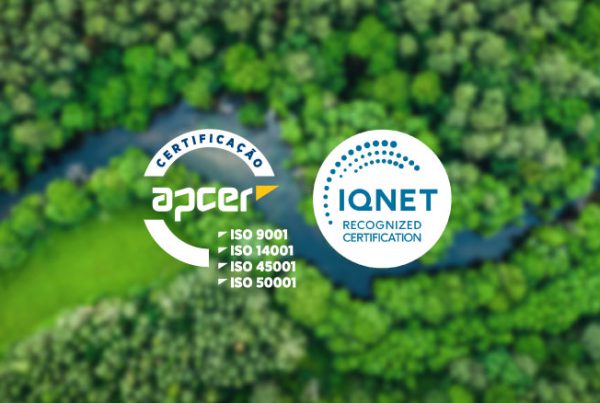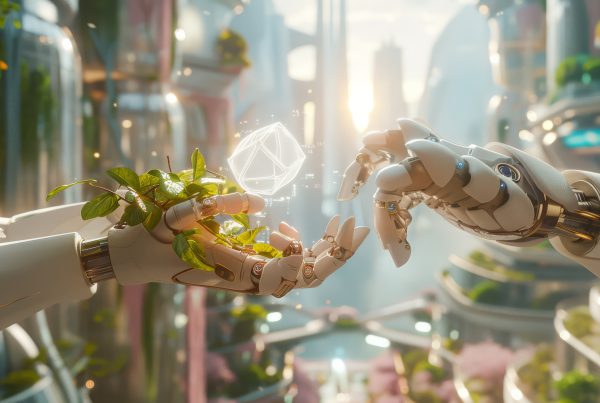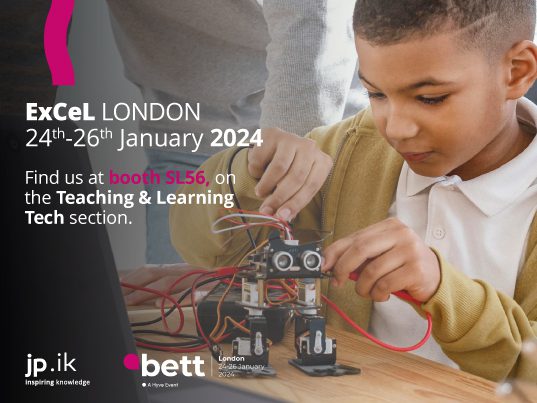Follow the link and read the article: https://medium.com/@laura.c.hay/a-school-culture-of-changemaking-e9996e79269f
“If we want young people to grow up to be empathic, problem-solvers who know how to work in teams and lead change, then we have to create opportunities for them to practice. School is a great place to start.â€
This is how Laura Hay introduces us, in her article entitled “A school culture of changemakingâ€, to the Changemaking movement that is taking place in many schools worldwide, driving Education innovation in service of positive social transformation. This movement motto is that everyone can be a changemaker – an agent of positive social change, in use of a robust set of transferable skills and an accurate sense of purpose that allows him/her to navigate and act upon the complex, rapidly changing, increasingly interconnected and uncertain world. To be a changemaker means having both the will and the skills to change each ones’ conditions and circumstances, to solve current and emerging personal and communities’ challenges and to contribute to a more empathetic, sustainable, empowering and fulfilling world.
Schools that are embracing the Changemaking culture, such as the ones that make part of the Ashoka’s Transformative Schools Network, are reimagining education to meet those deeper educational purposes and more comprehensive learning goals, going far beyond the subject-based ones that more frequently inform and shape curricula and pedagogical practices. Education is not simply conceived as an academic process, but as a myriad of processes oriented towards human and social development, which means that skills such as empathy, teamwork, leadership, creative problem-solving, and resilience (usually not targeted in the most traditional curricular approaches) become as important as literacy and numeracy.
This obviously requires important shifts in learning environments, pedagogical strategies, stakeholders’ roles, institutional culture… and Laura highlights some of the most relevant aspects in her article. She refers to the importance of having passionate and committed changemaker educators that can role model that attitude and behaviour to their students, prioritizing their voice, choice and agency and creating conditions for them to act with a problem solver mindset, no matter the career path they follow. Relationships between educators and learners, as well as among learners should be strong and built of mutual trust, balancing teacher-student power in the learning equation and stating for collaboration and communication as fundamental ingredients in the process, as well as empathy as a foundation that guides decision-making, reflection, and action. This also requires learning environments to turn into trust-based social innovation hubs that foster students’ ability and eagerness to learn, allowing them to explore who they are in relation to the world as well as to connect to their interests, collaborate, analyse, synthesise, solve problems and lead, becoming active agents in (re)designing their presents and their futures.
As Laura says, it will obviously take time for this to happen as a systemic whole-school transformation, but “teachers can leverage existing curricular pathways as chances to seed the knowledge, build necessary skills, and develop behaviours that underpin positive social change. With this mindset, science, technology, engineering, arts and mathematics (S.T.E.A.M) present a chance to design, tinker, and create; history is a chance to choose which story to tell; and literature presents an opportunity to decide whose story mattersâ€.
If teachers go far beyond valuing students’ performance on curriculum-based assessments and pull their pedagogical practices to promote knowledge transference and action upon the world, they will already be at least planting the seed for a changemaking endeavour. If empathy finally becomes a foundational skill for learners, we will certainly be able to forecast more peaceful and tolerant societies, where people are able to share, cooperate and cocreate a better world.
Contribution by:
Ana Paulino and Ana Mouta, the editors of A Moment of Sharing, are Pedagogy Specialists at jp.ik.



